Social Media & Technology
EHR/Medical Informatics
Trainee
Unlocking the Future of Medicine: AI-Enhanced Simulations Transforming Medical Education
-

Ruth Hwu, MD, FAAP, FACEP (she/her/hers)
Assistant Professor of Pediatrics
Emory University
Atlanta, Georgia, United States -
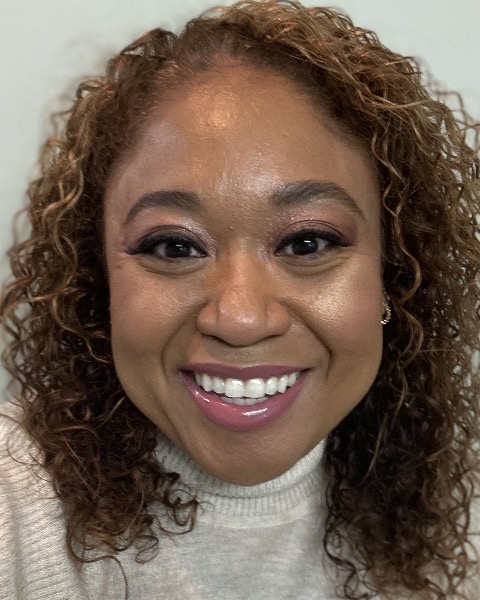
Sherita Holmes, MD (she/her/hers)
Assistant Professor
Emory University School of Medicine
Atlanta, Georgia, United States -
JL
Joseph Langham, MD (he/him/his)
Assistant Professor
Pediatric Emergency Medicine
Emory University School of Medicine
Emory University School of Medicine
Atlanta, Georgia, United States -
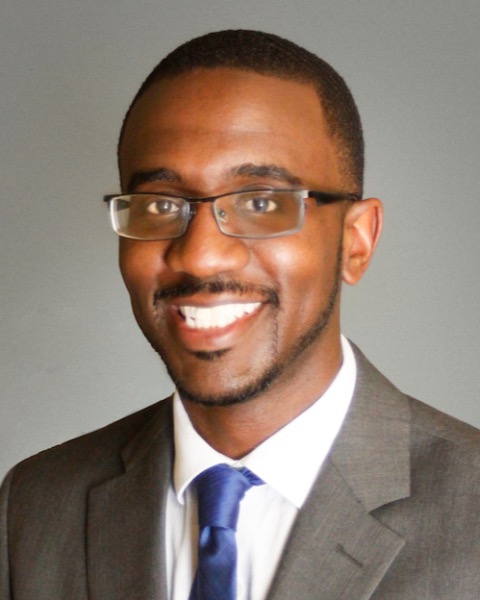
Jeffrey Okonye, MD (he/him/his)
Assistant Professor
Emory University
Atlanta, Georgia, United States -
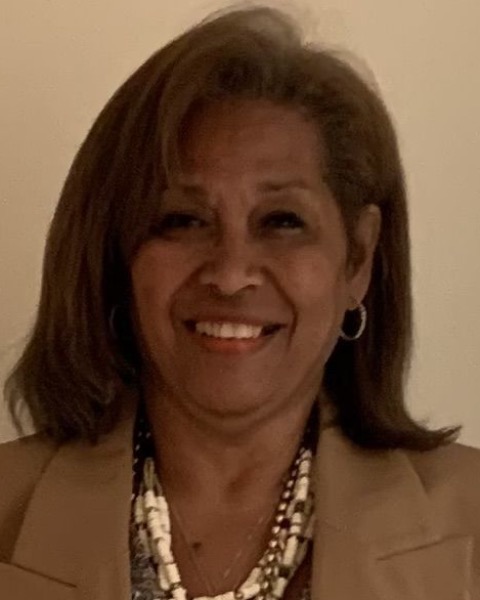
Deborah Young, MD (she/her/hers)
Attending physician/Department of Pediatrics/ Pediatric Emergency Medicine
Emory University
Lithonia, Georgia, United States -
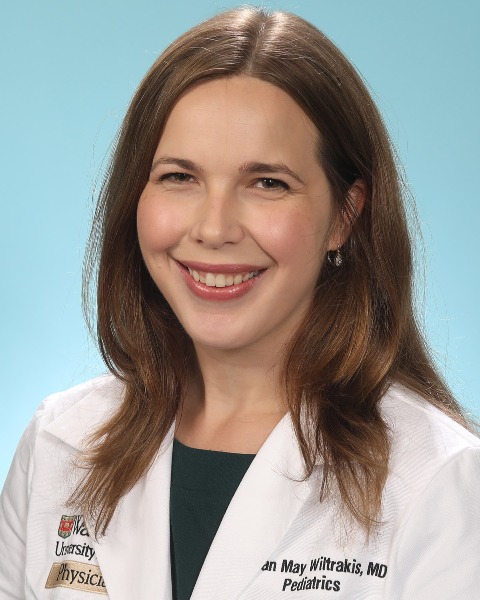
Susan Wiltrakis, MD, FAAP, FACEP (she/her/hers)
Assistant Professor
Washington University in St. Louis
St. Louis, Missouri, United States -
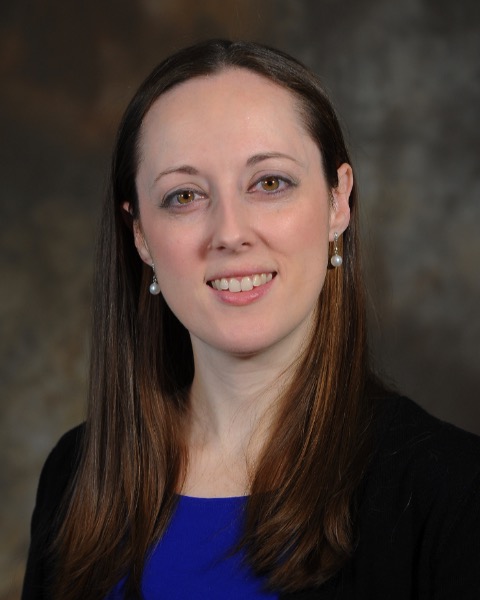
Kimberly Norris, MD (she/her/hers)
Assistant Professor, Pediatric Emergency Medicine
Emory University/Children’s Healthcare of Atlanta
Chamblee, Georgia, United States -
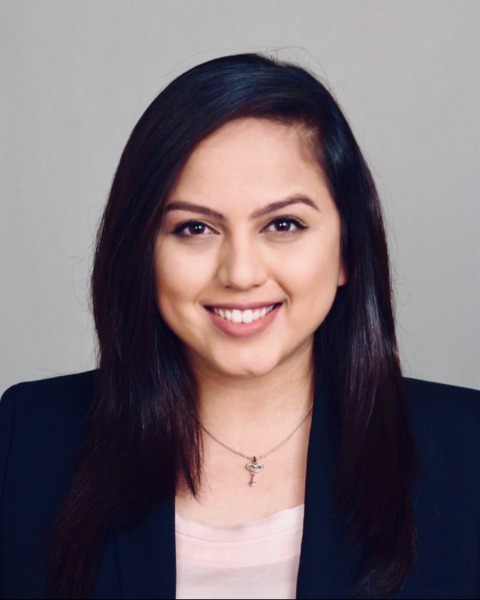
Zobiya Momin, MD, FAAP (she/her/hers)
Pediatric Emergency Medicine Fellow
Emory University/Children's Healthcare of Atlanta, United States
Leader(s)
Co-Leader(s)
Workshop
Description: Over the last few years, the use of artificial intelligence (AI) has skyrocketed in various industries, including healthcare despite its controversy. One form of AI is the chatbot Chat Generative Pre-trained Transformer (ChatGPT), a program developed by OpenAI that can understand and generate responses using machine learning algorithms. Various studies and articles addressing ChatGPT have discussed its use in medical decision making, patient care, efficiency, manuscript writing, and medical education. While there are concerns regarding information accuracy, ethics, and patient safety, there is great potential to transform healthcare education, particularly in the realm of simulation education. In this workshop, we will review different AI and chatbot technology that is available, focusing on the use of OpenAI ChatGPT specifically. Attendees will learn how to use ChatGPT to facilitate the design of a realistic clinical scenario. First, ChatGPT will be used in active roleplay as an individual learner can walk through a clinical case in a one-on-one low-fidelity format. Then, we will demonstrate how ChatGPT can also be used to design a comprehensive medical simulation scenario to be used in higher fidelity settings. Participants will be able to practice designing their own cases. For an optimal experience, attendees should bring their laptops or tablets. AI is transforming how we interact with technology, and as the world advances, it is important for us to transform the tools we utilize to educate our learners.
Learning Objectives:
- Differentiate various AI tools and platforms and potential applications in the medical field
- Demonstrate use of ChatGPT in one-on-one role play simulation scenarios
- Use ChatGPT to design a comprehensive medical simulation including debriefing guide
